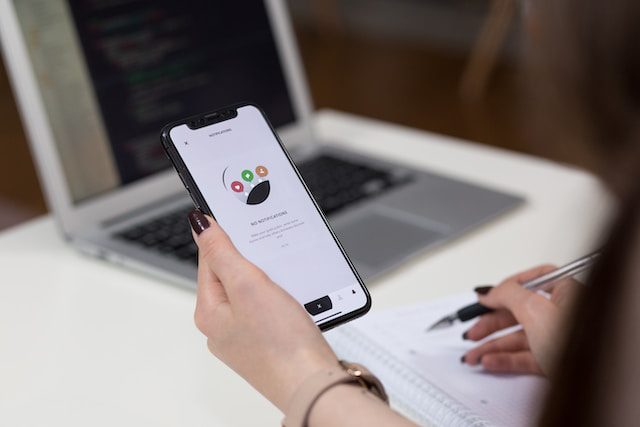
Any developer building or amending a website for a client has a responsibility to ensure that the site they are working on becomes no less secure due to the fact that they are accessing its server-side. There are potentially two main ways that the client’s security could be compromised by a careless developer’s actions – either because the developer changes security settings or permissions on, say, a WordPress site, or the developer’s machine itself is hacked and passwords for multiple clients’ websites are obtained by the hackers.
One of the simplest ways to avoid the latter situation is for the developer to use a virtual private network (VPN). This can obviate any malicious activity finding its way onto the developer’s device and prevent hacking of their clients’ data by criminal third parties. Such facilities are by nature location independent, so it doesn’t matter whether you’re renting a cottage miles from the nearest road, or in the bustling heart of the city, a Free VPN can provide an encrypted ‘middleman’ server between a user’s machine and the wider internet. Consequently, that server can detect and disconnect any potential malware interference before it happens, causing only a minor inconvenience to a developer as they work, but saving untold hours of stress and expense if they were found to be the cause of a data breach.
Summertime, and the livin’ is easy…
What with the ‘digital nomad’ and work from home (WFH) trends these days, website developers, coders and all manner of remote workers can tap away at their laptops while gently swinging in beachside hammocks. Imagine sitting on the balcony of a beachside bar, smoking something relaxing and chugging on a cold beer served by someone beautiful with perfect teeth, whilst charging an hourly rate that some folks could only dream of.
But beware! That hotspot you might be connected to isn’t the bar’s Wi-Fi as it seems, but some internet baddie sitting in a camper van in the car park not 50 yards away. He’s recording every keystroke on your device as you enter the password to your client’s website C-Panel. A VPN would detect such malware, cutting the signal before any harm could be done.
Also consider those who use 4G signals to perform their remote work from the sort of idyllic locations described above. Their data consumption soon stacks up, and the ‘fair usage’ policies of many mobile internet service providers (ISPs) can cause heavy users to have their connections throttled. As a result, data transfer to the user slows down almost to a crawl and the connection effectively becomes unusable. But using a VPN as a browser extension means that any FTP file transfer, PHP editing or large image uploads cannot be identified as coming from any particular customer. In short, if the ISP can’t identify the user, it can’t throttle their connection.
From Malaga to Minnesota
Aside from the extra security and speed guarantees offered by using VPNs, remote workers can also access content with geographical restrictions in their own downtime. Imagine you are a website developer normally based in the northern states of the USA, on winter vacation in the warmer parts of Europe, say Spain, for the better weather.
After a tough day tapping your MacBook keyboard from that shady cantina, you repair to your hotel room to access your favorite movie on Netflix. But as your IP address gives away your location as Malaga rather than your hometown in Minnesota, your plans are thwarted. A simple matter of one or two clicks on your VPN can choose a stateside server from where to access Netflix, and a moment or two later, your problem is solved.
The host with the most…
As a developer you might also find yourself hosting your client’s website, either through your own Virtual Private Server (VPS) rented from a provider such as Ionos, or perhaps through a more affordable shared hosting package. In any case, if the website you administer accepts and stores queries from international visitors, maybe an ecommerce site or a hotel portal, then there are the added complications of where user data is stored. Your client’s privacy policy would have to take into account whether their data was stored in the EU or USA – but fortunately, a new agreement between the EU and US governments should soon be bringing that anomaly to an end. In the meantime, just use a VPN to access your client’s dashboard from the most convenient online location available.
In summary, whether you’re based in Europe or The Americas; whether you’re a developer, coder, accountant or photographer, if you work remotely and transfer data for a living, a VPN is essential. The resulting encrypted, anonymous internet access has to be the smartest choice for security, convenience and perhaps most importantly, your client’s peace of mind that their data is safe in your hands.



